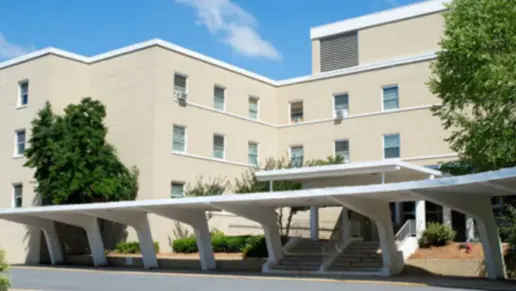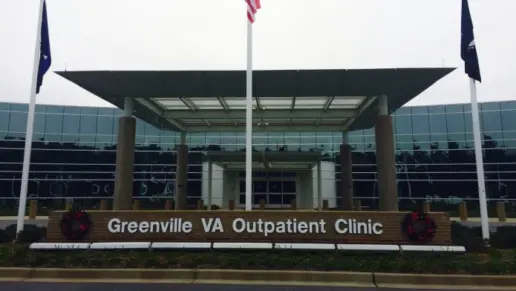It is completely clear that they don't know what they are doing, LRADAC is a place filled with inexperienced people trying to do something that they clearly can't do.
About LRADAC
In order to assist people in their quest for recovery, LRADAC provides thorough substance use disorder treatment services in Columbia, South Carolina. Programs include detox, DUI services and outpatient treatment. As a nonprofit organization, they work to guarantee that access to treatment is not hampered by financial constraints, providing payment plans when necessary.
They offer an inpatient detoxification program if you struggle to quit using drugs because of withdrawal symptoms. To ensure a safer transition to recovery you will receive medically monitored care during detox to minimize withdrawal symptoms.
If you have been convicted of DUI or have had your license suspended, you will receive crucial education and treatment as part of the South Carolina Alcohol and Drug Safety Action Program. Clinical staff will give a comprehensive orientation to new participants along with a packet containing information and advice on how to succeed in the program. Administrative personnel will talk about pertinent rules, regulations and financial obligations, and a clinical counselor will perform an evaluation to customize services so they meet your unique requirements.
Professionals who are dealing with substance abuse or dual diagnosis issues can get timely support through a confidential referral and monitoring program. Treatment providers may include physicians, nurses, pharmacists, dentists and podiatrists.
Since they only need you to be there a few days a week, their outpatient treatment allows for flexibility. Peer support, job training, life skills training, case management, group sessions and individual counseling will all be available to you.
Working with obstetricians, social services and community organizations, their MOMS initiative helps expectant mothers with prenatal care and recovery. Assessments for individuals dealing with opioid abuse are offered during regular walk-in hours, and eligible individuals are screened for possible admission to their medication assisted treatment (MAT) program. Suboxone, Subutex and Vivitrol prescriptions may be part of this program’s customized treatment plan.
Since every situation is different, they will modify plans to meet the needs of each family member. Family support services help you recover, and integrated therapies try to address mental health issues such as stress and trauma.
Latest Reviews
Rehab Score
Gallery
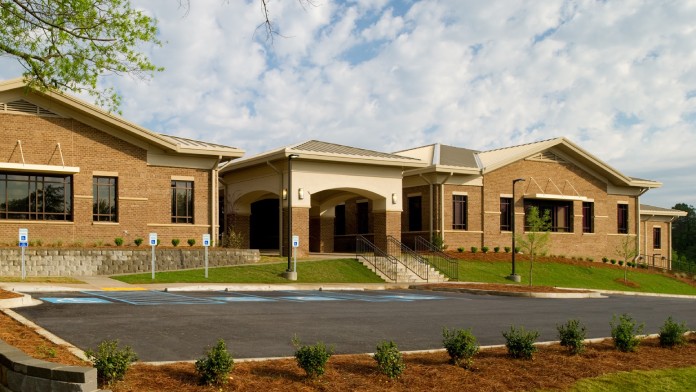
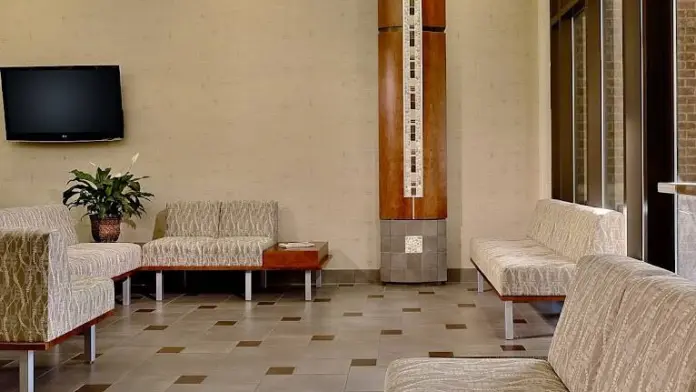
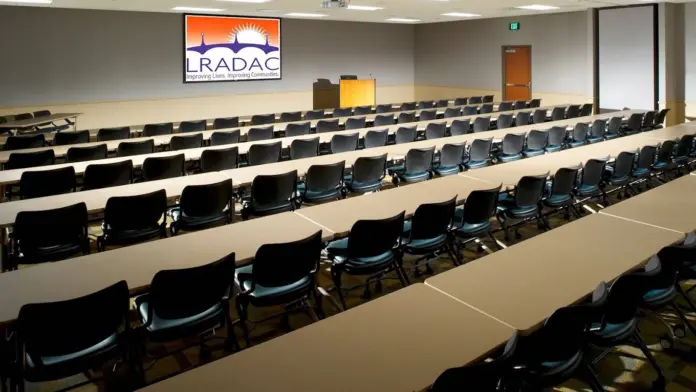
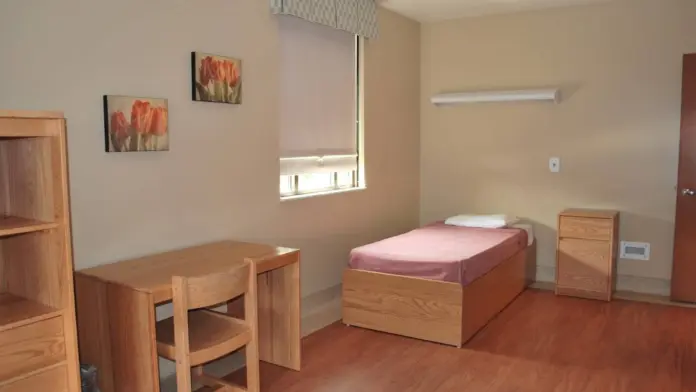
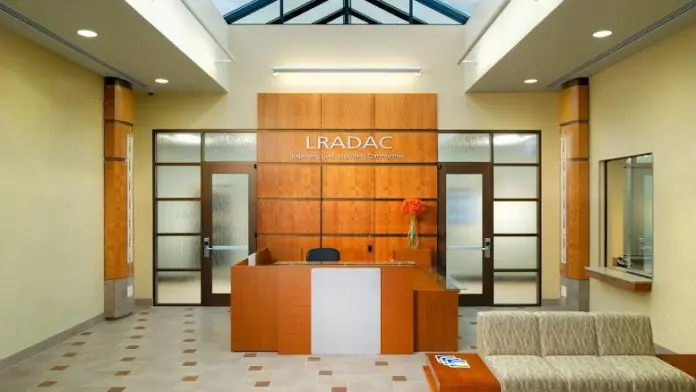
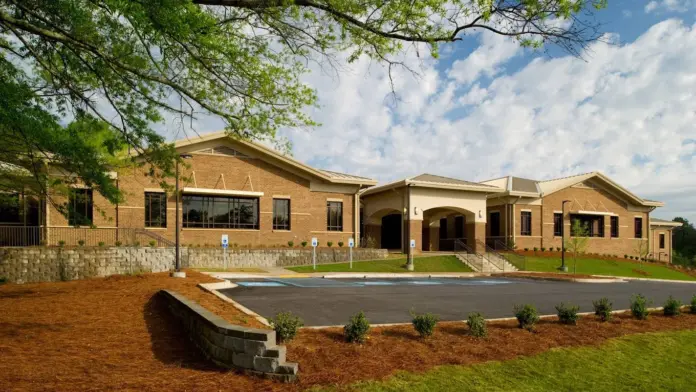
Location
Accepted Insurance
Other Forms of Payment
Medicaid is a state based program that helps lower-income individuals and families pay for healthcare. Medicaid covers addiction treatment so those enrolled can use their coverage to pay for rehab. When a program accepts Medicaid the client often pays very little or nothing out of their own pocket.
Private insurance refers to any kind of healthcare coverage that isn't from the state or federal government. This includes individual and family plans offered by an employer or purchased from the Insurance Marketplace. Every plan will have different requirements and out of pocket costs so be sure to get the full details before you start treatment.
Self-pay involves paying for treatment out of your own pocket. You can use savings or credit, get a personal loan, or receive help from family and friends to fund your treatment. If you don't have insurance or your insurance plan doesn't cover a specific program, self-pay can help ensure you still get the care you need.
Financial aid can take many forms. Centers may have grants or scholarships available to clients who meet eligibility requirements. Programs that receive SAMHSA grants may have financial aid available for those who need treatment as well. Grants and scholarships can help you pai for treatment without having to repay.
Addiction Treatments
Levels of Care
Treatments
The goal of treatment for alcoholism is abstinence. Those with poor social support, poor motivation, or psychiatric disorders tend to relapse within a few years of treatment. For these people, success is measured by longer periods of abstinence, reduced use of alcohol, better health, and improved social functioning. Recovery and Maintenance are usually based on 12 step programs and AA meetings.
Choosing a drug rehab in South Carolina helps you overcome drug dependency, learn how to manage cravings, and obtain the tools needed to prevent relapse. This is accomplished through individualized treatment that addresses a full spectrum of physical, social, and emotional needs.
Many of those suffering from addiction also suffer from mental or emotional illnesses like schizophrenia, bipolar disorder, depression, or anxiety disorders. Rehab and other substance abuse facilities treating those with a dual diagnosis or co-occurring disorder administer psychiatric treatment to address the person's mental health issue in addition to drug and alcohol rehabilitation.
Opioid rehabs specialize in supporting those recovering from opioid addiction. They treat those suffering from addiction to illegal opioids like heroin, as well as prescription drugs like oxycodone. These centers typically combine both physical as well as mental and emotional support to help stop addiction. Physical support often includes medical detox and subsequent medical support (including medication), and mental support includes in-depth therapy to address the underlying causes of addiction.
Substance rehabs focus on helping individuals recover from substance abuse, including alcohol and drug addiction (both illegal and prescription drugs). They often include the opportunity to engage in both individual as well as group therapy.
Programs



Clinical Services
Family members often need support as they help their loved one overcome substance use. Parents, siblings, children and other loved ones are welcome to participate in counseling individually or as a family unit. On occasion, Family Nights take place for families to interact socially and show each other support.
Group therapy is any therapeutic work that happens in a group (not one-on-one). For many people who are struggling with alcohol or drug use, counseling in a small group setting is very effective. Group members learn together and support each other throughout their participation in services.
Certified counselors work with clients one on one to address substance use and/or any other concerns such as grief, stress, trauma, or anger which may be impacting your child’s behaviors. Counselors are experts in youth development, trauma-informed care, and substance use.
Trauma therapy addresses traumatic incidents from a client's past that are likely affecting their present-day experience. Trauma is often one of the primary triggers and potential causes of addiction, and can stem from child sexual abuse, domestic violence, having a parent with a mental illness, losing one or both parents at a young age, teenage or adult sexual assault, or any number of other factors. The purpose of trauma therapy is to allow a patient to process trauma and move through and past it, with the help of trained and compassionate mental health professionals.
During couples therapy in South Carolina, a licensed therapist offers techniques for how both partners can resolve conflict and manage challenges in the relationship. The couple may also engage in individual or family therapy for further support.
The main basis of cognitive behavioral therapy in South Carolina is that all your thoughts, feelings, and behaviors are interconnected. Therefore, the therapist will help you change your thoughts, which will lead to different emotions and actions.
There are four fundamental processes to motivational interviewing in South Carolina. Engaging involves careful listening to understand the client's perspective. Focusing involves reaching an agreement on the purpose of the treatment. Evoking is the process of exploring the client's ideas and motivations. Planning explores how the client can make changes.
Amenities
-
Private Setting
Accreditations

The Commission on Accreditation of Rehabilitation Facilities (CARF) is a non-profit organization that specifically accredits rehab organizations. Founded in 1966, CARF's, mission is to help service providers like rehab facilities maintain high standards of care.
CARF Accreditation: Yes
Contact Information
2711 Colonial Drive
Columbia, SC 29203




